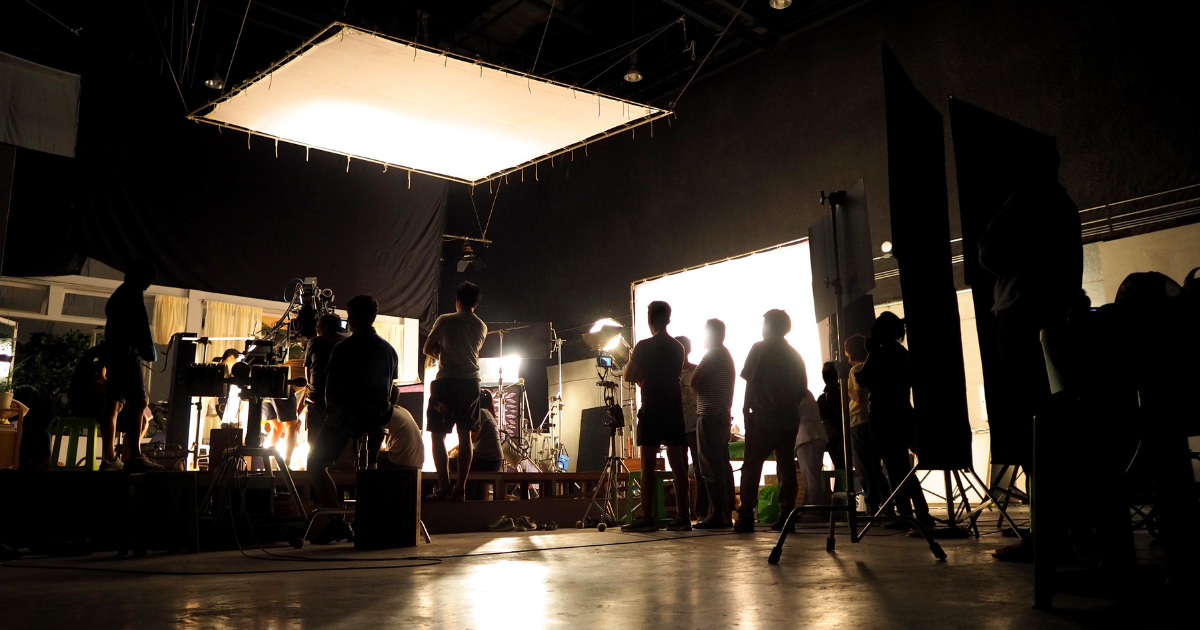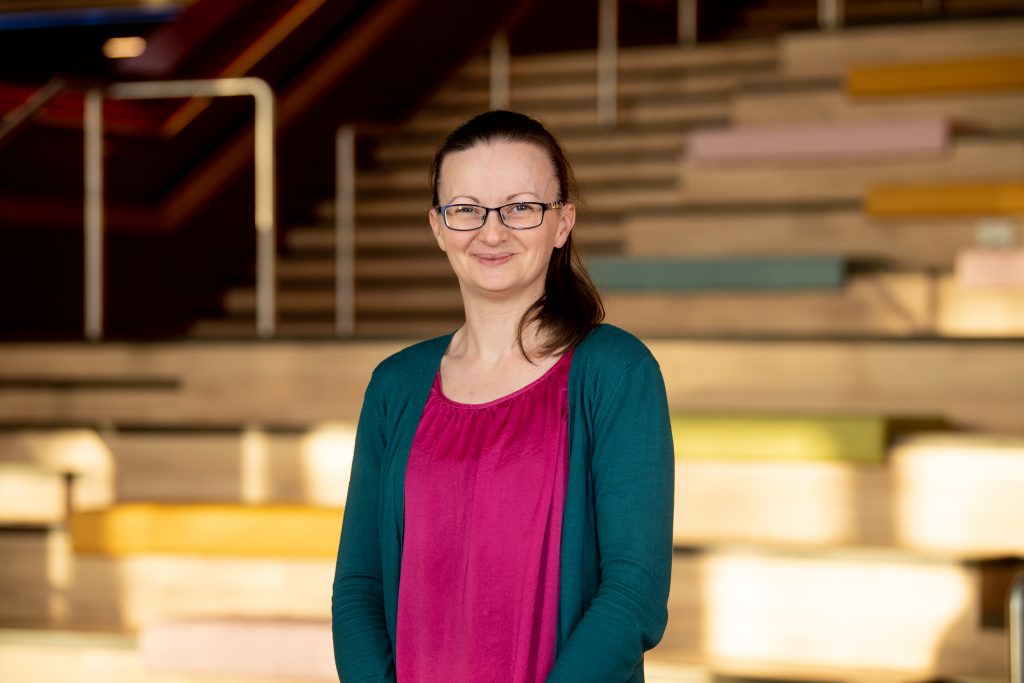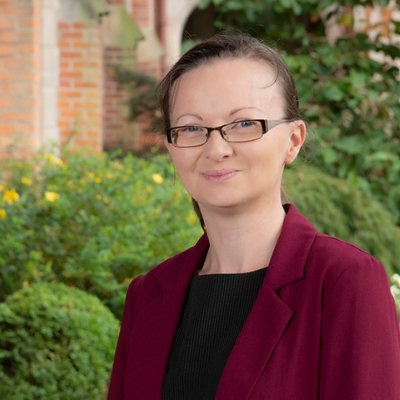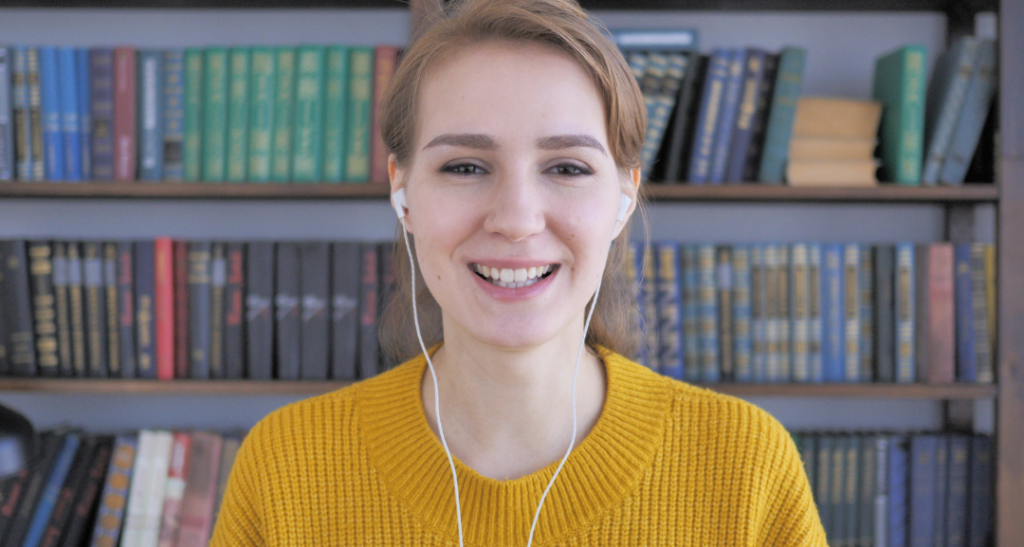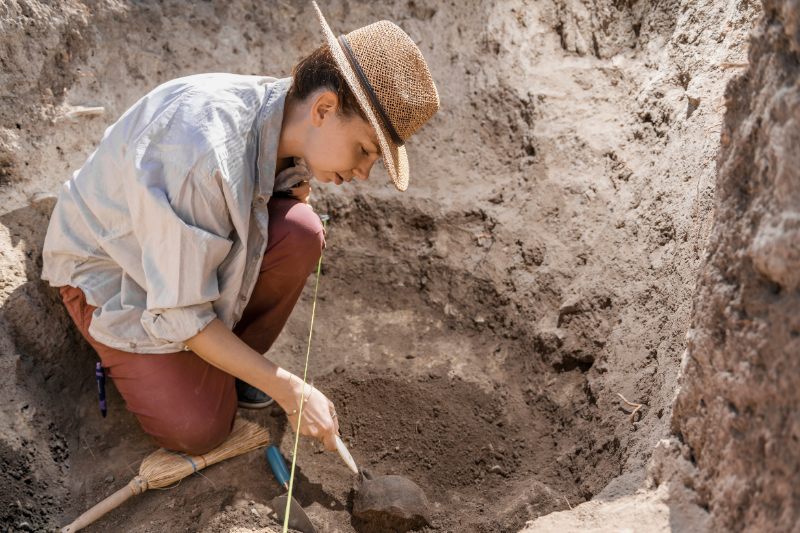
My name is Savannah Dodd, I’ve studied for my PhD in Anthropology, that’s in the School of HAPP and I am the founder and director of the Photography Ethics Centre.
Tell us a bit more about your business idea.
I’m passionate about photography ethics because photographs are immensely powerful. They shape how we think about the world and this means that when we take and share photographs, we are shaping how others think about the world. So this is, like, a huge amount of power that we have as image makers and this power comes with a lot of responsibility, so I think it’s really important to think about ‘how can we use that power of image making responsibly?’ and I think a really good way of doing so is to think about it through the lens of ethics.
How did you get the initial business idea?
I founded the Photography Ethics Centre because I realised that my background in anthropology and the things that I’d learned through doing a Masters, and now a PhD in Anthropology has really prepared me with an important set of skills and these skills have helped me be more effective in my photography and more ethical about how I approach my photographic practice. So, I realised that anthropology has helped me a lot with my photography with building skills, but these skills that I’ve built are not universal. So, what I’m really trying to do is to sort of translate these skills that I gained from anthropology and make it applicable and useful for photographers who might not have the same background.
How has the business developed since your initial idea?
In some ways, not a lot has changed with the organisation since I started and in some ways, it’s changed a lot. I think the biggest change has been, really, in terms of my expectations. I think I needed to temper some of my expectations, but that’s not always easy when we’re participating in a culture of startup pitching because you really have to think in terms of best-case scenarios. So, I think tempering my expectations and maybe being happy with smaller, more marginal successes was really important. I think, on the other hand, things haven’t changed a lot because I, sort of, have come full circle back into my original idea which, I think, the lesson there is just that I need to trust my gut a little bit more.
What activities at Queen’s helped you get to where you are?
I was really fortunate that when I first had the idea for the Photography Ethics Centre, I was able to participate as part of a cohort of students to do a Kickstarter Accelerator programme through the Graduate School at Queen’s and that was just a really great opportunity to, sort of, spend time on business development with some support. I was also accepted into Dragon’s Den one year and that was a brilliant opportunity, really great practice at building my confidence and pitching and it’s just always been really beneficial to know that there’s somewhere that I can go for advice because, inevitably, I’ve run into hurdles or questions that I haven’t known how to answer so it’s been great to have the resource at Queen’s.
What advice would you give to your younger self?
I think the most important piece of advice that I wish I’d had when I was first starting out is that, you know, blocking out time for other things in your life or taking breaks or relaxing on the weekends or in the evenings is that’s not a reward but that’s an important part of how you divide your time. I think by not taking time for myself to really recharge, to relax to, sort of, put the laptop away really lead me to a bit of a burnout so I think that really the biggest, biggest lesson I learned there is that, you know, breaks are not treats, you deserve them, inherently, you don’t have to earn them.

